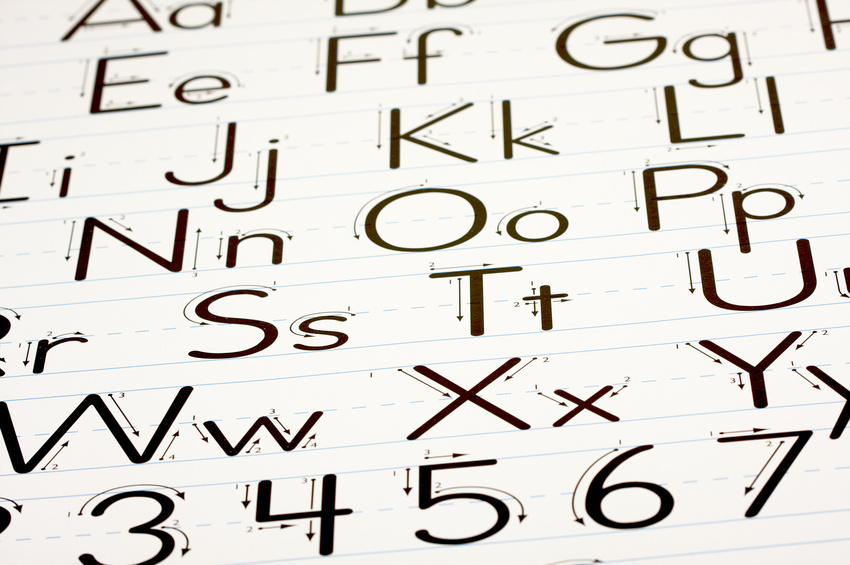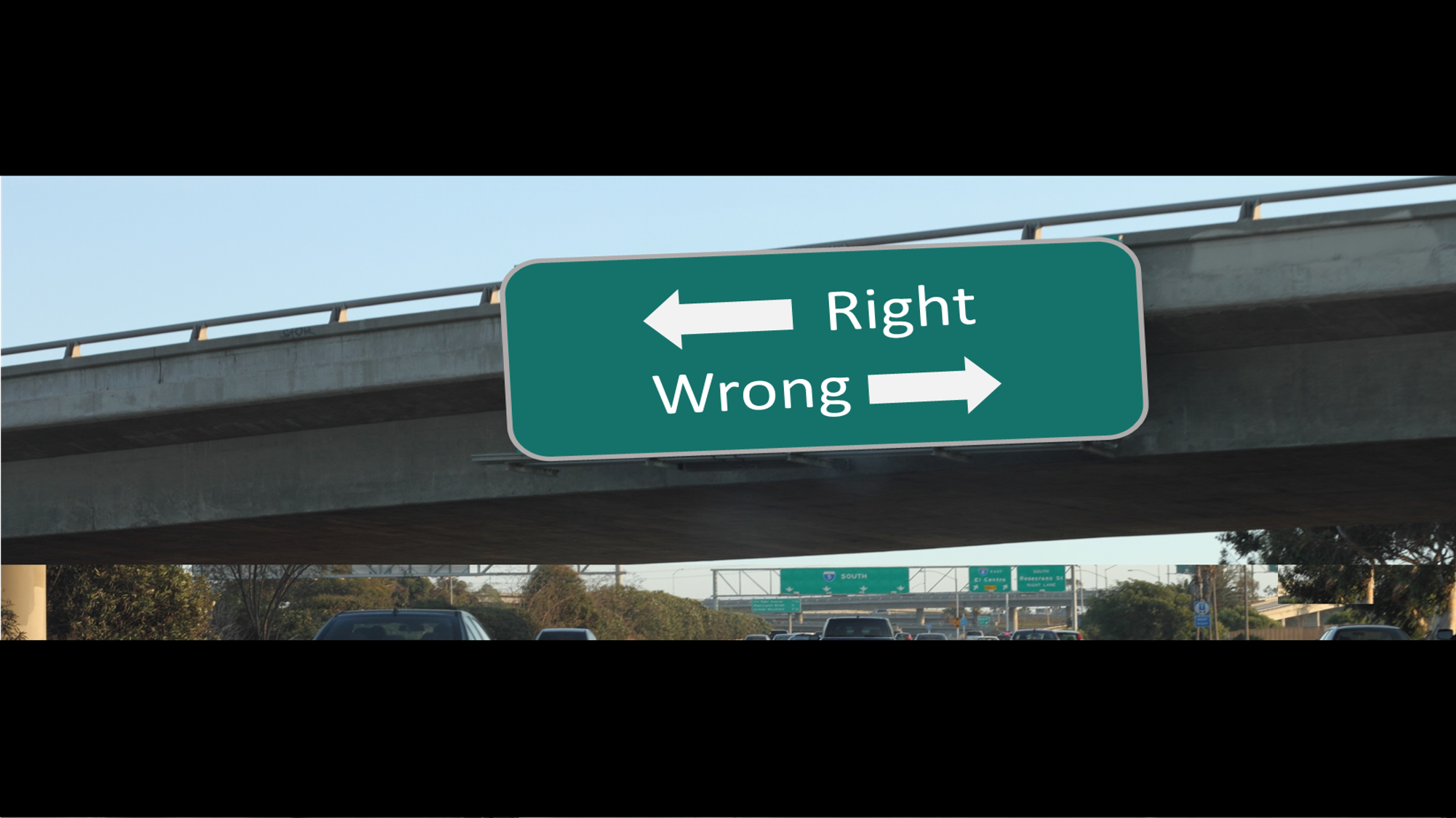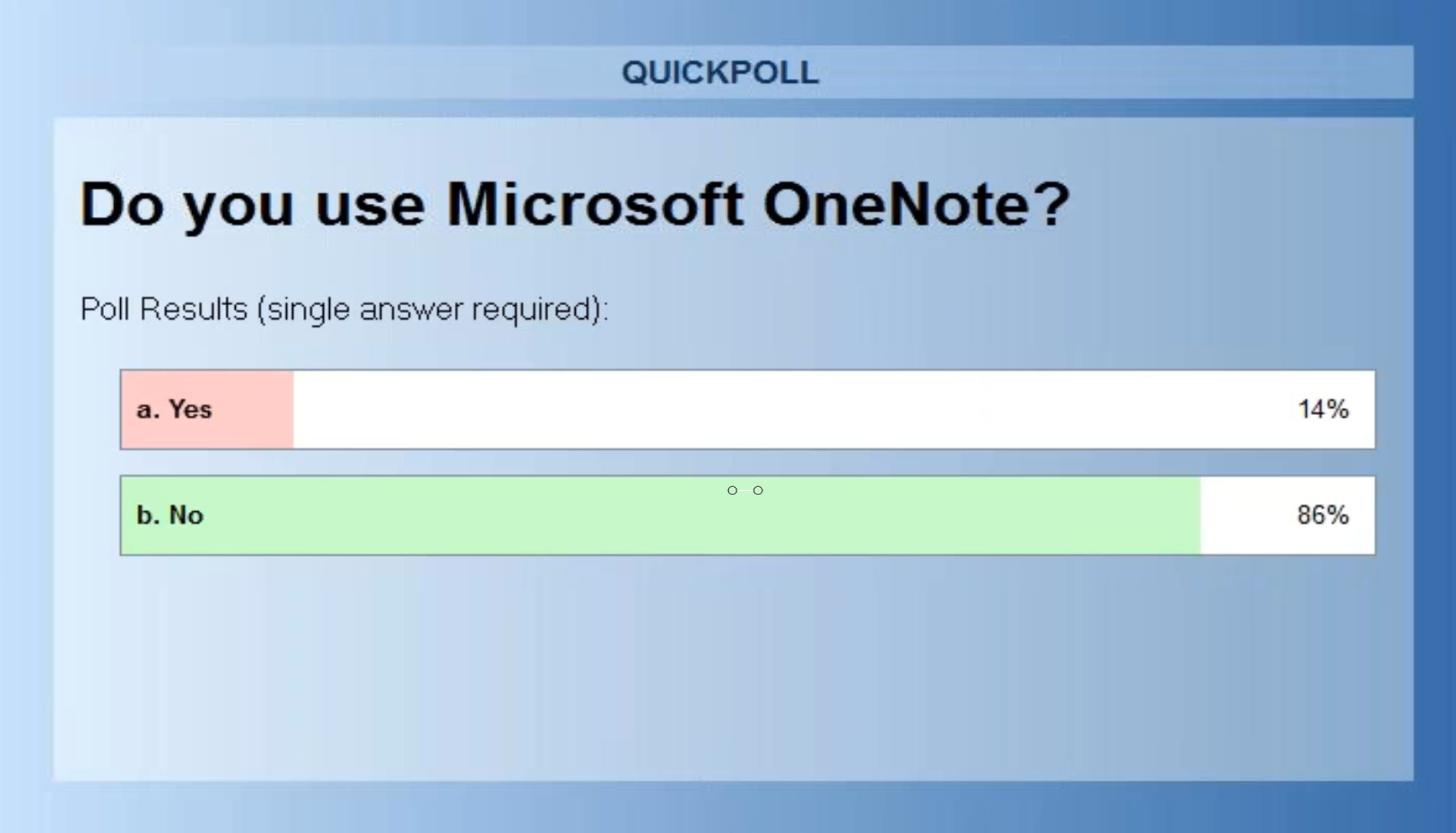The No. 1 Most Common Writing Mistake By Advisors: Capital Or Lowercase Letters Hot
Write Review
Many writers – even a lot of professionals – make errors that include incorrect verb tenses; prefixes and suffixes; compound adjectives; combining one-word forms; split infinitives, split verb phrases; etc., but let’s take a look at capitalization now. In coming weeks, I will examine the other types of common writing errors, and what can be done to correct them.
When I say advisors are frequently guilty of capital offenses, I'm speaking from first-hand knowledge. I've been editing advisor copy in newsletters produced for Advisor Products for many months. Feel free to think of me as your editor, when I offer you these ideas. Here goes:

You may be the boss of your firm and think that the word president, when referring to you, is capitalized, e.g. John Smith, President of ABC Financial Advisors. Wrong!
Not even the president of the United States or the pope merit capitalization if referring to them as the president or the pope. The initial letters are capitalized if the titles are used before their names, e.g. President Eisenhower or Pope Paul; or ABC Financial Advisors President John Smith.
Company job titles, when used after the titleholders’ names, call for lowercase initial letters, e.g. John Smith, president of ABC Financial Advisors; John Doe, accountant; Jane Doe, field specialist, etc.
Other common capitalization errors include:
1) cities of Detroit and Chicago – the two cities are separate and do not have a common proper name, therefore no capital c
2) lakes Huron and Michigan – again, no proper common bond and no capital l
3) Southern Alabama and Northern Texas – southern and northern indicate direction and not specific areas; South Alabama and North Texas call for capitalized first letters because they are specific areas
4) Nassau and Duval counties – again, no common proper name and no capital c.
Academic degrees are written incorrectly by a large number of financial advisors. If mention of degrees is necessary to establish someone’s credentials, the preferred form is to avoid an abbreviation and use instead a phrase such as: John Jones, who has a doctorate in psychology.
Use an apostrophe in bachelor’s degree, a master’s, etc. Here’s another example – John Doe, who has a B.A. Degree in Business Administration, wrong; John Doe, who has a B.A. degree in business administration, right.
Use such abbreviations as B.A., M.A., LL.D. and Ph.D. only when the need to identify many individuals by the degree on first reference would make the preferred form cumbersome. Use these abbreviations only after a full name – never after just a last name.
When used after a name, an academic abbreviation is set off by commas: Daniel Moynihan, Ph.D., spoke.
This information on academic degrees was taken from The Associated Press Stylebook, which is one of the two guides financial advisors can use as standards for proper capitalization, as well as other English-language applications. The other guide is Webster’s New World Dictionary. Together, the stylebook and dictionary provide much of the information any writer needs to write and spell correctly. Most newspapers and magazines in the United States use the two resources as the basis for their writing and editing guidelines.
The AP Stylebook is known fondly as the journalist’s “Bible.” You can purchase a new print copy of the stylebook at Amazon.com for about $21 or $22, plus shipping. You also can look for a copy at your local bookstore or shop The AP Bookstore online. And you can purchase the Online AP Stylebook for $26 a year. Search the Web for AP Stylebook Online to place your order.
Many people, especially older ones, probably will find the print version easier to use. With it, you look up items alphabetically, as you would in an old-fashioned dictionary.
The 2012 print edition provides fundamental guidelines on spelling, grammar, punctuation and usage, with new chapters on fashion and broadcast terms and an expanded social media chapter, in addition to chapters on food, social media, business, sports and media law. The 2012 stylebook includes more than 270 new or revised entries since 2011.
You can purchase a print copy of Webster’s New World Dictionary online or at a local bookstore for about $14.99, plus shipping if you buy online. You also can download Webster’s New World or Merriam-Webster’s Online Dictionary and Thesaurus for free.
Have a nice day of writing, and searching for correct entries.
This Website Is For Financial Professionals Only
User reviews
There are no user reviews for this listing.









